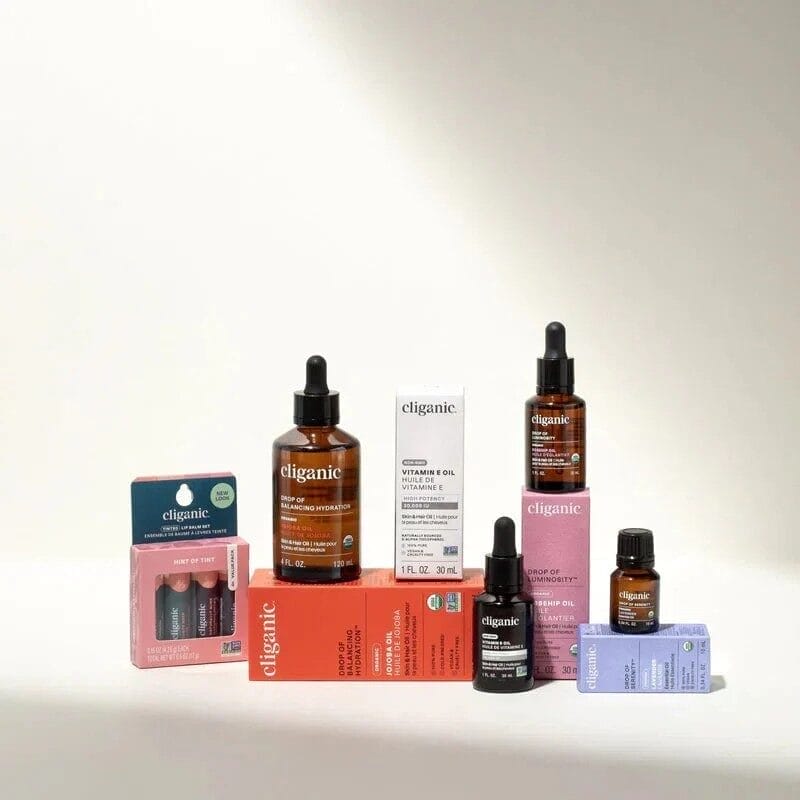In spring 2024, LTK (formerly rewardStyle), a major player in creator monetization, filed a lawsuit against competitor ShopMy, alleging false advertising, trademark infringement, and unfair competition. Yet, just a few months later, LTK quietly dropped the case—with significant lessons for brands and startups alike.
The Lawsuit: Accusations and Context
LTK’s suit, filed at the end of May 2024, centered on claims that ShopMy had made misleading comparisons in its marketing, improperly used the LTK brand mark, and engaged in practices that amounted to unfair competition. Specifically, LTK said ShopMy distributed a “false comparative advertisement” and used the LTK mark without authorization in its promotional materials.
The influencer monetization space has grown intensely competitive, with ShopMy emerging quickly as a challenger since its 2020 launch by offering transparency and new tools appreciated by both brands and influencers.
Why LTK Dropped the Lawsuit
On August 26, 2024, LTK dismissed its suit without prejudice, meaning it could technically refile. The key trigger: ShopMy ceased the disputed activities that initially sparked the lawsuit. A LTK spokesperson said to BoF, once ShopMy withdrew the allegedly false advertising and stopped using the LTK mark, LTK opted to end its legal action while “expressly reserv[ing] all its rights and remedies” in the event of future violations.
ShopMy, for its part, stated it was “pleased that this matter has been resolved,” reaffirming its focus on innovating for creators and brands—signaling a desire to move ahead without getting bogged down in legal struggles.
Lessons for Other Companies
-
Be Diligent About Comparative Advertising: If you’re benchmarking your platform against rivals, ensure claims are accurate, fair, and well-documented to avoid legal blowback.
-
Respect Trademarks in Marketing: Never use a competitor’s mark in a way that could confuse consumers or imply false associations.
-
Move Quickly to Correct Mistakes: Promptly ending controversial practices can head off expensive litigation and protect your reputation.
-
Know When to Settle, Not Battle: Legal action can be a distraction—focus on product, service, and your community’s needs.
-
Competitors Will Watch and Respond: Every move in a high-stakes industry is scrutinized. Innovating ethically and transparently wards off both lawsuits and negative press.
The LTK-ShopMy legal episode is a reminder that, in the creator economy, conflicts are best solved by swift, good-faith action—not drawn-out court fights.

















